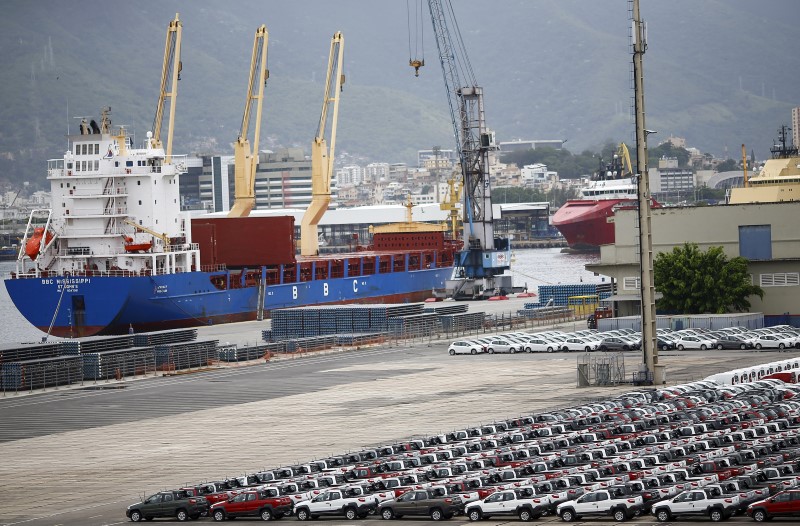By Lefteris Papadimas
IDOMENI, Greece (Reuters) - Each day, Demetrios Zois buys two loaves of bread. One is for his family, and one for whoever comes knocking on his door.
In the past year, there have been plenty of unexpected visitors.
He is among 100 mainly elderly people living in Greece's border community of Idomeni, which has become the focal point of a growing migrant crisis that is proving too big for the country to handle.
Around 30,000 migrants and refugees were stranded in Greece on Thursday, with just over a third of them at Idomeni, waiting for the border with Macedonia to open.
"We feel very bad for them. We understand they are hungry, but they are 10,000 and we are 100. If more come what will happen?" Zois, an 82-year-old pensioner, told Reuters.
He and his friend Theodoros Moutaftsis watch with growing concern as a tent city in the meadows outside their homes get bigger by the day.
"It's the first thing we check when we wake up in the morning, whether they have gotten closer to the village," said Moutaftsis, 79.
"That and if anything is missing," he adds. Ten hens disappeared from his garden last month, and he thinks it was people from the camp.
"These poor people are hungry. The state isn't here to help them. It's totally absent," he said.
There were anything between 11,000 and 12,000 people at the transit camp on Thursday, waiting for the border gate to open to continue their trek further in to Europe.
At one point, a small van pulled up and a Greek Orthodox priest alighted in long black flowing robes. He was bringing goods bought with a collection in his parish, some 50 km away.
Within seconds, 300 plastic supermarket bags containing water, a pack of spaghetti, an orange and some bread disappeared.
"We have mixed feelings about all this. Some insecurity but so much sorrow for the children who are living at the camp in absolutely appalling conditions," said Xanthoulla Soupli, the prefect of the sleep village.
Standing outside the only coffee shop in Idomeni, crowded with migrants sipping strong black tea while waiting for their mobile phones to charge, she said the situation was becoming intolerable.

"It was peaceful here once."